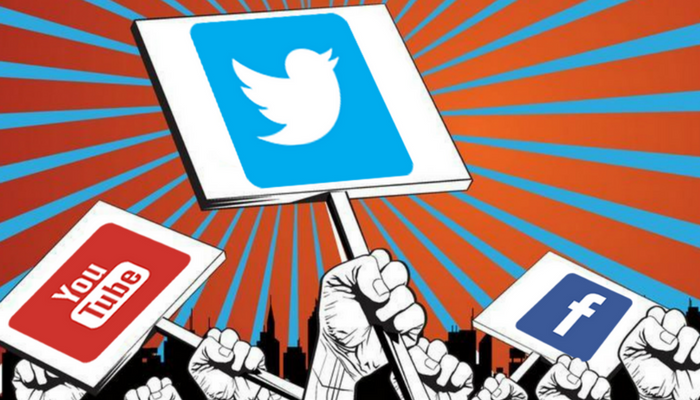How Media Impacts Global Political Discourse

In today's interconnected world, traditional and digital media play a significant role in shaping global politics. The impact and influence of media on political landscapes cannot be underestimated.
Traditional Media and it's Influence in Politics
Traditional media, such as newspapers, television, and radio, have long been influential in shaping public opinion and political discourse. They have the power to set agendas, frame issues, and shape narratives. Through in-depth reporting, investigative journalism, and editorial opinions, traditional media outlets provide analysis and context that help citizens understand complex political issues.
Moreover, traditional media acts as a watchdog, holding governments and powerful entities accountable. Journalists uncover corruption, expose scandals, and shed light on human rights abuses. They play a critical role in fostering transparency and promoting democracy. By providing a platform for diverse voices and perspectives, traditional media serves as a catalyst for informed public debates and decision-making processes.







The Rise of Digital Media
On the other hand, digital media has emerged as a powerful force in global politics. With the rise of social media platforms, online news websites, and blogs, information spreads rapidly and reaches a wider audience than ever before. Digital media provides a platform for citizens to express their opinions, share news articles, and engage in political discussions. It has also given rise to citizen journalism, enabling individuals to report on events and share information in real-time.
Digital media's immediacy and accessibility have transformed the way information is consumed and shared. It allows for real-time updates on political events, enabling citizens to be more informed and engaged. Furthermore, social media platforms have become a powerful tool for political mobilization and activism. Online campaigns and movements have the potential to shape public opinion and influence political outcomes.
However, the influence of digital media is not without challenges. The spread of fake news and misinformation has become a pressing issue. The ease with which information can be manipulated and disseminated has allowed for the rapid spread of false narratives, which can have significant consequences on public opinion and electoral processes.
How Pursuing A Media-Related Degree Help You Understand Media Influence
The study of media-related degrees, such as journalism, communication, or media studies, provides valuable insights into the impact and role of traditional and digital media in global politics. It equips students with critical thinking skills, media literacy, and an understanding of the ethical considerations of reporting and analyzing political events.
Media-related degrees offer a comprehensive understanding of the evolving media landscape, including the challenges and opportunities presented by digital media. Students learn to navigate the complexities of media production, distribution, and consumption. They also gain practical skills in research, interviewing, and storytelling, which are crucial in effectively communicating political messages and influencing public opinion.
Moreover, media-related degrees foster an understanding of the ethical responsibilities of media professionals. Students learn to uphold journalistic principles, such as accuracy, fairness, and objectivity. They also delve into the ethical dilemmas associated with reporting on sensitive political issues, ensuring that media professionals act as responsible and accountable gatekeepers of information.
Understanding the influence of media is crucial for individuals navigating the complexities of global politics. By critically consuming news from various sources, fact-checking information, and engaging in informed discussions, citizens can become active participants in shaping the political landscape.
In conclusion, traditional and digital media have a profound impact on global politics. They shape public opinion, influence elections, and hold governments accountable. While traditional media provides in-depth analysis and investigative journalism, digital media enables citizen participation and real-time information sharing. Media-related degrees offer a comprehensive understanding of the role and challenges of media in global politics, equipping students with the skills and knowledge necessary to navigate the evolving media landscape. By embracing media literacy and engaging critically with news and information, individuals can become active contributors to the democratic process.
